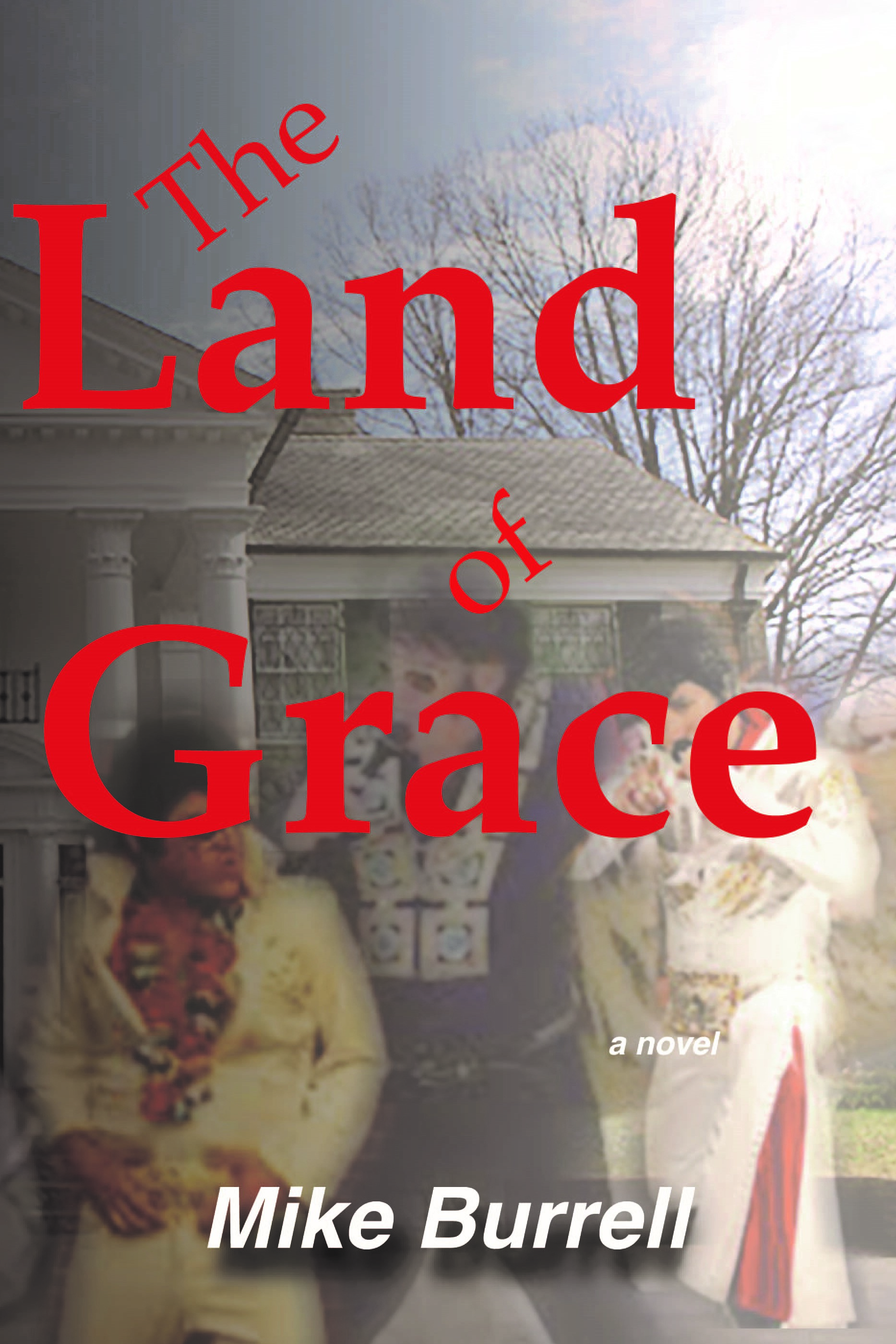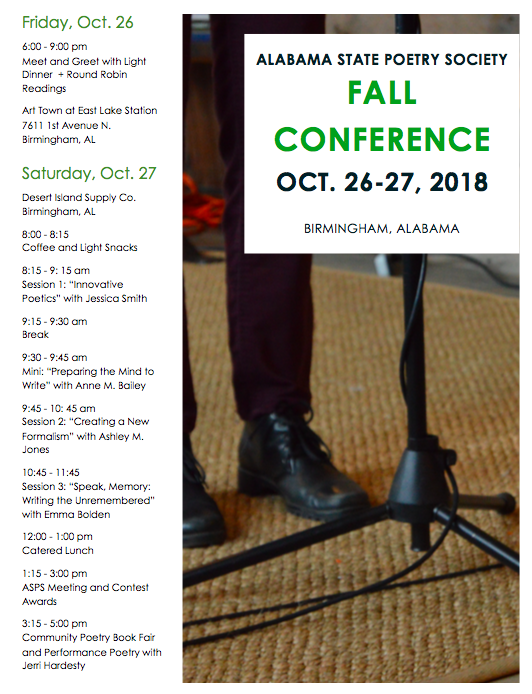Poet Lana Austin
We are thrilled for AWC member Lana K. W. Austin, whose first full-length collection, Blood Harmony, officially comes out from Iris Press on September 3rd. I asked Lana about her first collection came together and she said:
I joyfully remember the story of how Blood Harmony's title poem, and really the catalyst for the entire book, came into being because it's a tale of how I was oh-so humbled and also magnificently encouraged at the same time.
I was in the senior honors seminar with Claudia Emerson at Mary Washington and I'd been writing history-centered poems about other people, some that'd even been lucky enough to garner awards and scholarships. I will always love narrative poems, especially if they delve into my home state of Kentucky and its iconic music or raw beauty.
But Claudia wanted more.
"What about your history," she asked?
I'd shied away from any "confessional" I-centered poems at that point, but as I started searching for my biological family and remembering my years in foster care singing with my half brother, I knew those memories were undoubtedly linked to the more narrative, biographical pieces on which I'd been focusing before.
I stood humbled before Claudia then, cognizant of the fact that I'd been doing a very superficial surveying of the landscape of my home and my own life.
She, however, saw it as a moment of epiphany, she with her eager and agile mind always seeking out new information, new visions of the old world.
She encouraged me onward, which culminated in "Blood Harmony" the poem….which became the fulcrum of my MFA thesis at GMU and which, ten years later, has now become Blood Harmony the book.
I'll never forget when I first brought that poem to Claudia and, honest to goodness, her face lit up. "You've found your voice!" Her expression and her words ignited me that day and they have every day since.
Here is a sample poem, "Blood Harmony," that first appeared in Columbia Journal in 2016 alongside two other poems from the new book.
Blood Harmony
A single larynx halved,
that’s how I perceived it
when I sang with my half
brother--same mother,
long gone. She is
where it came from,
our ability to blend,
unique notes in a chord,
but still one voice. His tenor
a ginger effervescence,
and my aubergine alto
painting what felt like
caverns-deep undertones
in heavier hues,
our voices fused. Even
in measures when one grew
more dominant on lead
and the other receded,
growing hybrid harmony,
a hymn shifting,
we were rivulets divined
from a vast river.
Creek, brook or stream--
water from the same source.
Advanced praise
"An ecclesiastical thread runs through this fine book, in that everything has its season, and everything—including joy and grief—goes together. Austin’s poems achieve through their own high and lonesome registers what we expect from the best blues or hillbilly music: the human experience in this weary world is affirmed, even dignified. I am glad these refreshing, bone- and blood-deep poems are in the world."
--Maurice Manning, author of One Man’s Dark, The Common Man, and Bucolics
Blood Harmony introduces a lively new voice to Appalachian poetry. Lana K. W. Austin celebrates the bonds of memory and blood in poems of both harmony and drama, remembering the blood spilled in the coalfields, and the struggles of families with loyalty and courage. The poems pay tribute to the place and soul of the region, the music of blending voices, adolescent desire, and the exuberance of motherhood, the enduring legacy of Jean Ritchie and Bill Monroe, and the mountains where the music was born.
—Robert Morgan,author of Dark Energy, Gap Creek, and Chasing the North Star
The great circle is unbroken in Lana Austin’s first full-length collection, Blood Harmony. The arc of mothering and hard unmothering, Kentucky floods and wanton drink, the luthier one with the carved grain and sorrowed ballads. In poems birthed from paradox, Austin’s fierce coupling of alto and effervescence infuses and uplifts family and community portraits and tributes to the high lonesome of her upbringing—Jean Ritchie, Bill Monroe, Emmylou Harris. Her own unshakable voice prevails amid the downbeat of wounded genealogy, love’s aching counterpoint and antidote to loss. So put your hands on the radio still warm and faintly glowing, scoot closer to hear Austin’s “damned salvation of sound.” The circle thrums as it bends toward that stubbornly joyful noise, the chord so deep and alive within us.
—Linda Parsons,author of Mother Land and This Shaky Earth
Walt Whitman once advised young poets to “Be outrageous! Be outrageous! But not too damned outrageous.” Lana Austin’s Blood Harmony has exactly that balance of old and new, of the immediate and the distant, of challenge and embrace. Her Kentucky landscape shows as familiar as a family heirloom and the music of her poems is as clear as a harpsichord in a meadow. This first collection reminds us how the soul is always seeking, in its dream of place, the final character of one’s identity, one’s home. The Gospel says abide and these poems are enactments with bold, electric, convincing authority. Lana Austin’s is a new country music worthy of a great readership. Let it be.
—Dave Smith,author of Little Boats, Unsalvaged, The Wick of Memory: New and Selected Poems,
and Hunting Men: Reflections on a Life in American Poetry
Attentive to history, place, pitch and character, the poems of Lana Austin’s Blood Harmony find bonds in music that dovetail with chords in family and community. Her lovely and passionate verses interweave precise knowledge of traditional mountain and CW music with marvelous invention which renders a mandolin “an amulet of sound” and describes listeners to Emmylou Harris as “embered… into incandescence.” These poems are handmade and heart-carved with a luthier’s canny expertise. Anyone wishing to go, as her opening poem invites, “In Search of the Wild Dulcimer,” need look no farther than this collection where kindred sounds blend beyond description. In thrall to depths of the spirit, her poems are also sweetly free. Blood Harmony will make you sigh and sob, clap and stomp.
—R. T. Smith, recipient of the 2014 Weinstein Prize in Poetry and author of Outlaw Style
About the Poet
Lana K. W. Austin’s poems and short stories have recently been featured in Mid-American Review, Sou’wester, The Chariton Review, Columbia Journal, Zone 3, Appalachian Heritage, The Pinch, The New Guard, Switchback, Bloodroot, Pine Mountain Sand & Gravel, and others. Austin has been a finalist and semi-finalist in numerous competitions, including the James Wright Poetry Award, the Crab Orchard Review First Book Award, the Zone 3 Book Award, the American Short Fiction Award, and the Machigonne Fiction Award. Born and raised in rural Kentucky, Austin studied creative writing at both Hollins University and the University of Mary Washington as an undergraduate and has an MFA from George Mason University (2008). Her first full-length poetry collection, Blood Harmony, is from Iris Press (2018) and her chapbook, In Search of the Wild Dulcimer, is from Finishing Line Press (2016). Austin has lived in England, Italy, and Washington, DC, but currently resides in Alabama, where she is an adjunct instructor in the English department at the University of Alabama in Huntsville. Also a journalist, Austin has written for numerous newspapers and magazines. For more information, visit her website.



![Blood_Harmoy_front_cover[5].jpg](https://images.squarespace-cdn.com/content/v1/58b5c621b3db2b8dfefc9e85/1535512379828-HVTOJOEUDJSNFCFUHZFA/Blood_Harmoy_front_cover%5B5%5D.jpg)



